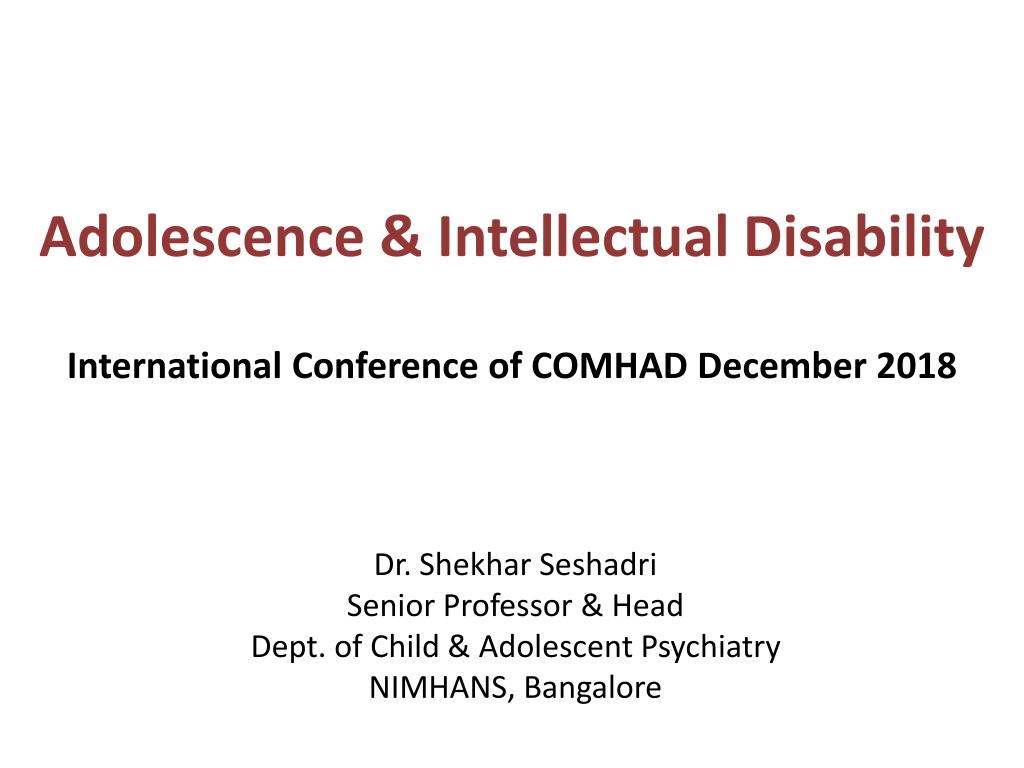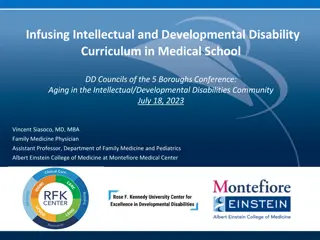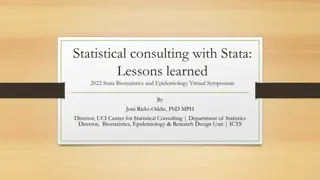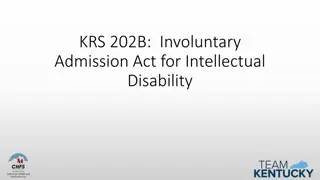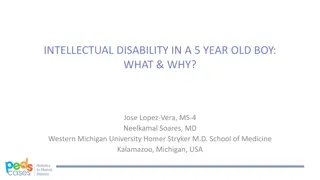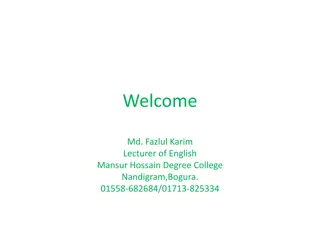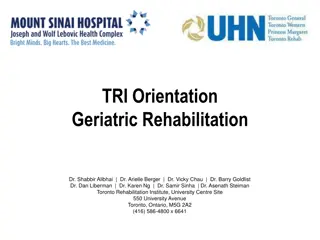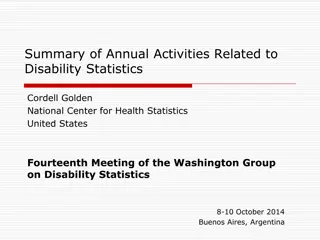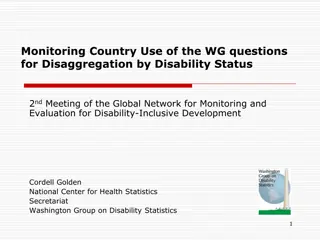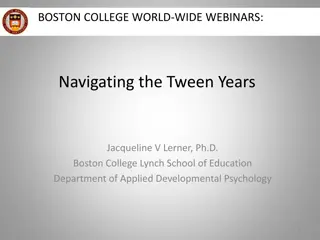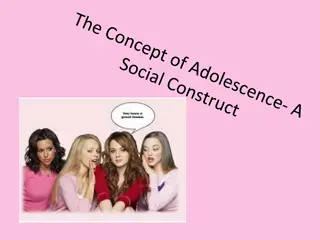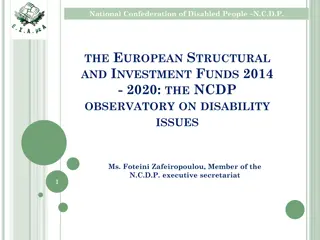Understanding Adolescence and Intellectual Disability: Challenges and Perspectives
Addressing the unique experiences of intellectually disabled adolescents, this conference discusses the differences between normal and disabled adolescents, the importance of recognizing this life stage, and the need to focus on socio-emotional development alongside cognitive activities. It explores the vulnerabilities faced by intellectually disabled adolescents and emphasizes the significance of life skills education and emotional support in their overall development.
- Adolescence
- Intellectual Disability
- Cognitive Development
- Emotional Support
- Adolescents with Disabilities
Download Presentation

Please find below an Image/Link to download the presentation.
The content on the website is provided AS IS for your information and personal use only. It may not be sold, licensed, or shared on other websites without obtaining consent from the author. Download presentation by click this link. If you encounter any issues during the download, it is possible that the publisher has removed the file from their server.
E N D
Presentation Transcript
Adolescence & Intellectual Disability International Conference of COMHAD December 2018 Dr. Shekhar Seshadri Senior Professor & Head Dept. of Child & Adolescent Psychiatry NIMHANS, Bangalore
Adolescence & Intellectual Disability Do they experience this life stage like other normal persons? What is the difference between normal adolescents and intellectually disabled adolescents? Do we really acknowledge this life stage in intellectually disabled persons? What is our understanding of working with adolescents with (intellectual) disability?
Why do we often adopt reductionist approaches to this context of work largely focussing on cognitive development activities? (Are flash cards and self- help skills training the panacea to all educational needs of children with intellectual disability?) Why are socio-emotional developmental needs of adolescents with intellectual disability so undermined? If an average adolescent is in need of life skills education, aren t children with intellectual disability exponentially vulnerable? If they are left out of socio-emotional development programs, how can they be expected to navigate the world around them?
Areas of Work (1): Self-Care Skills Extent of independence Knowledge of sequences Care-taker experiences/ burden Special issues (such as menstrual care) shifting from basic self-care skills to gender-specific self-care skills
Areas of Work (2): Emotional and Behaviour Problems Anxiety Depression Increased irritability Anger Defiance behaviours Violent behaviours
Basis of Emotional & Behaviour Problems Not respected/ not being heard Not involved in household decision-making Worries about inadequacies/abilities (compared to siblings/peer group) Stigma and discrimination experiences Dilemmas of parental expectations: over- protectiveness versus independence/ self-sufficiency Concerns about future (including how their needs/desires will play out can I marry? , will I have a family? )
Response to Emotion & Behaviour Problems Help in identity formation Who am I Encourage talents/ abilities Consult/ involve in family decisions Assign household tasks, give responsibility (according to ability) Acknowledge importance of role in family/ household
Address Future Concerns Engage in discussions about future plans, including family/ marriage in simple ways i.e. explain what they entail, generate options Vocational training Money management issues How the house runs Cycles of family activity
Areas of Work (3): Sexuality Issues Sexual behaviours that Intellectually Disabled Adolescents engage in Playing with self/ genitals Touching others increasingly or inappropriately Continuing to undress in front of others/ no inhibitions What are typical adult/parental reactions to these behaviours? Concerns about risks, incl. gender- specific concerns?
What are Adult/ Caregiver Positions on Adolescent Sexuality/Sexual Behaviours of Intellectually Disabled Adolescents? They have no sexuality/ sexual needs or rights. They may have sexual needs but no rights; they cannot gratify needs. They have sexual needs and rights and are allowed to gratify them. They have sexual needs gratify them in private spaces i.e. not in public, in appropriate ways. and rights but should
Responding to Sexual Needs and Behaviours Acknowledging needs/ pleasure gained through sexual behaviours. Introducing concepts of privacy (public versus private spaces; acts we engage in only in private spaces). Allowing for self-gratification in private spaces. Applying concepts of privacy and boundary in social interactions (others may not like it if their needs for touch may be different)
Personal Safety Adolescents ability to protect self from i) physical dangers/ harm; ii) from sexual abuse. Physical Safety Concepts and Rules in Everyday Life Road safety Safety rules within the house: - Locking doors at night - Careful use of knives/ sharp tools - Use of fire/ stoves in cooking - What to do if someone gets (small) hurt (simple first aid procedure) Concepts for Prevention of Sexual Abuse Familiar people versus unknown/ unfamiliar people Difference in interaction with familiar versus unfamiliar people Concepts of privacy (what activities we do in private) Awareness of body parts (including genitals) and which parts are private Body parts that can be touched by all/ private parts that should not be touched by anyone Good touch and bad touch (who can touch) Who to tell in case of inappropriate touch
Questions? Concerns?
